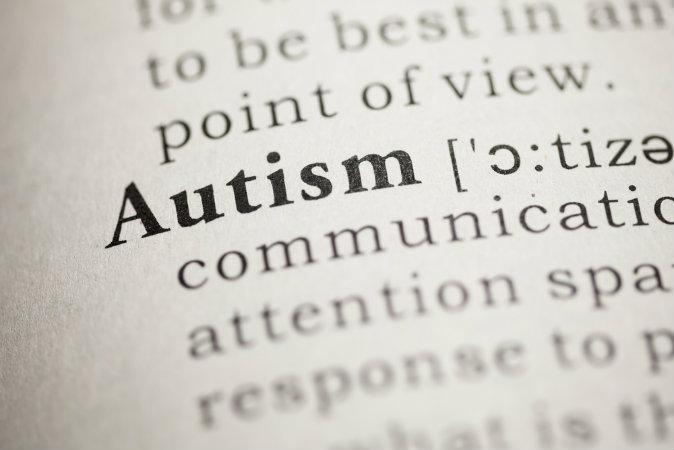Facebook could help people bridge their political differences with some simple tweaks, according to a new study.
“When opinions of people don’t agree, they are more likely to hide or block or unfriend [Facebook contacts] rather than closer friends,” said Catherine Grevet, a Georgia Tech doctoral student who led the study.
According to Grevet, people tend to stay quiet if they think they are perceived as being different. People refrain from going online or from submitting themselves to a situation when they believe that others oppose them.
Grevet’s study indicated that politics is a great divider.
She also found that constant exposure to political debates makes people become indifferent. But “Designing social media toward nudging users to strengthen relationships with weak ties with different viewpoints could have beneficial consequences for the platform, users and society,” said Grevet in a statement. Facebook could display the common interests of people who disagree politically, and could sprinkle the diverse opinions of friends through distant friends’ news feeds.
Political Differences
Grevet’s study surveyed more than 100 politically active Facebook users in 2013. More than 70 percent of the people surveyed refrained from talking to friends about politics, if they believed the friends disagreed with them. Facebook users sometimes blocked people with different opinions.
“My study was done based on the more younger and more liberal demographic group. Those are the two main demographic groups that deal with social media,” said Grevet. “As people become older, they have more similar friends to them. So the experience of hearing people that are different from you might be something experienced from younger people.”
Changing Relationships
As people are reading things that their friends post, they are also being influenced.
“It might not be in Facebook’s interest to do anything about this, but it’s a place where it could have an impact if something was done like creating some features that will help the conversation, or help dealing with people that are different,” said Grevet.
According to Grevet, there are people who believe that if everyone agrees with you, the world is less interesting. “So it’s more like a nuance, some against you and some go with what you think, so it makes it more interesting and engaging,” said Grevet.
With social media, people are likely to stay connected to those who share similar interests globally; Grevet said the phenomenon is called homophily. It can result in fewer interactions with those who have a differing opinion.
“My thesis was on the topic of how we can get people different from each other to talk to each other via social media. So the goal of my work is to connect people who are different from each other to pounce through the trend we see offline. There is also a lot of political science research also showing that there is growing polarization in this country, so this work falls under possible un-polarization for that.”
Grevet’s study will be presented in February at the Computer Supported Cooperative Work and Social Computing conference in Baltimore.



